Do DAWs Sound Different?
The big DAW debate continues...
Ever heard of a one DAW being described as cleaner or warmer than another? We discuss the variables to find out “Do DAWs sound different?”
In this Article:
Recently, I came across a discussion online on the topic of DAWs and whether they sounded comparatively different from one another. On one side of the argument, producers and engineers presented the idea that DAWs have a different sonic character as an anecdote. Alternatively, others attempted to disprove this scientifically by means of null testing, chasing the inevitable “got ya” moment.
Do DAWs Sound Different?
I found that there were flaws on both sides of the argument, and we’ll look at the reasons behind this, as well as the different areas of DAW software design that may lead to you getting different results creatively, as the developers intended.
Do DAWs Sound Different? : How The Argument Started
A clip from Jon Castelli’s Mix With The Masters workshop, which was subsequently taken down, went viral due to contrasting reactions within the global online music community. In the clip, renowned mix engineer Castelli talks about the contrast in sound between Apple Logic Pro and Avid Pro Tools.
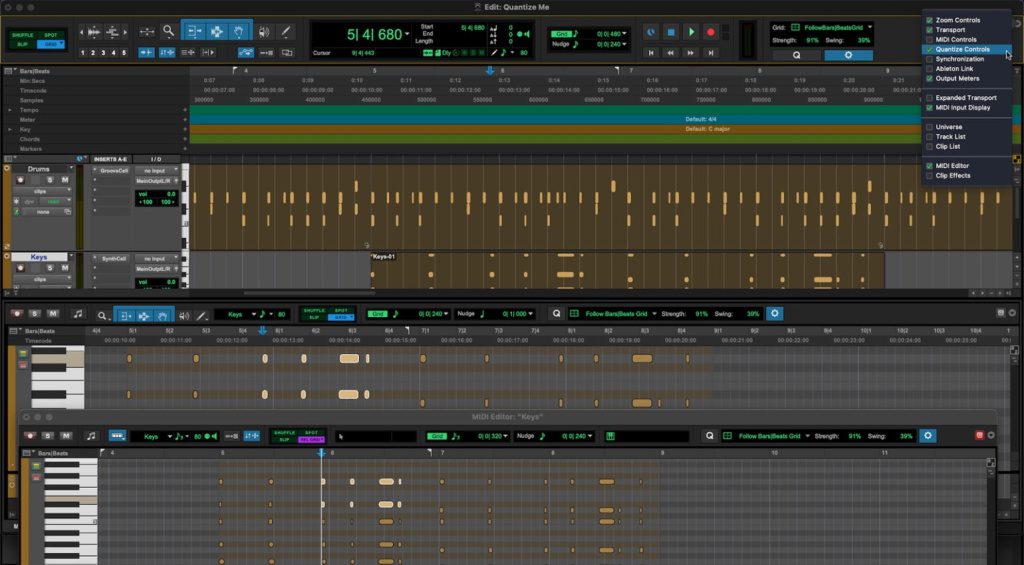
The clip starts off with Castelli immediately saying that “Pro Tools sounds better“, in a rather matter-of-fact way. He then described Logic’s sound as characteristically soft and rounded on the mix bus, with terms like soft clipping thrown in for good measure. On the other hand, he described Pro Tools as having a “console-ish hardness” to its sound and said that stems exported into Pro Tools from Logic Pro and even Ableton Live immediately had more headroom “in some sort of way“.
While he wasn’t saying anything I hadn’t heard before, it certainly struck a match in the comments section. This wouldn’t be the first or the last time that a clip containing statements taken out of context went viral, but the way opinion is often presented as fact these days is bound to cause confusion. So let’s break it down a little further.
Do DAWs Sound Different? : What Did Jon Castelli Mean?
When we’re watching an expert interview or workshop like Mix With The Masters, it’s easy to forget that it’s just a person giving their opinion based on their own experiences. So, despite his rather convoluted statements in this clip, I think it’s safe to say that the idea that Jon Castelli couldn’t mix a record in Logic Pro or any other DAW is ludicrous.
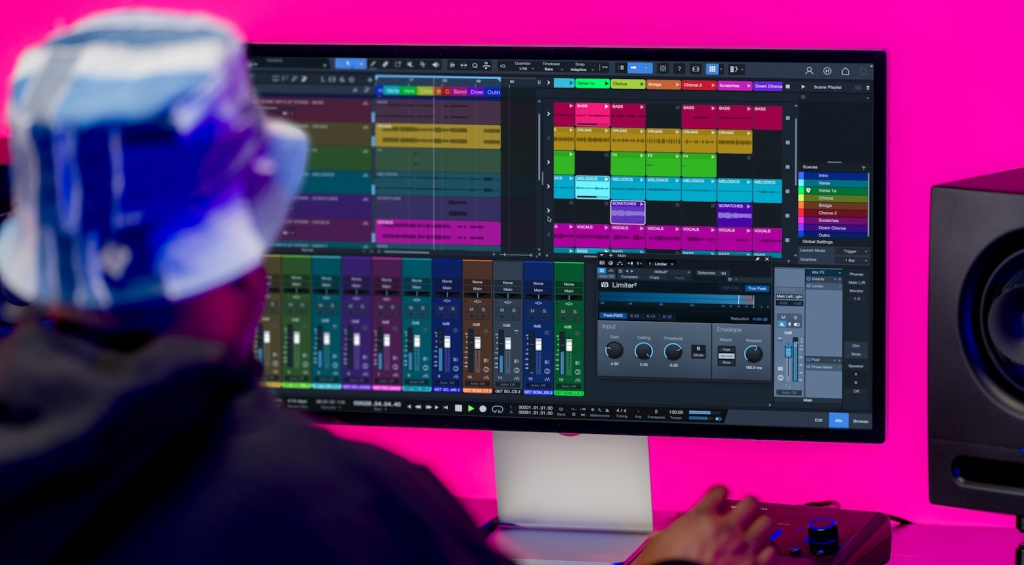
It’s important to remember that while we are all brainwashed by the polar metrics of success and failure, mixing records is a highly subjective field, especially when discussed on an intellectual level. When I listen to interviews with legendary engineers like Andy Wallace or Andrew Schepps, for example, I focus on their respective philosophies rather than trying to nitpick through their techniques.
Although it wasn’t really explained in the clip, I think Jon Castelli was speaking about DAWs holistically as creative tools rather than on a scientific level. So let’s explore some of the fundamental differences in the design of DAWs that affect the way we approach them.
Do DAWs Sound Different? : Let’s Look At The Differences
When we open a particular DAW system, we are confronted with a specific interface that influences the decision-making process. If you open up a DAW with an idea in your head, there are factors like the layout of the GUI, the array of stock instruments and effects plugins, and the content library that affect the creative operation.
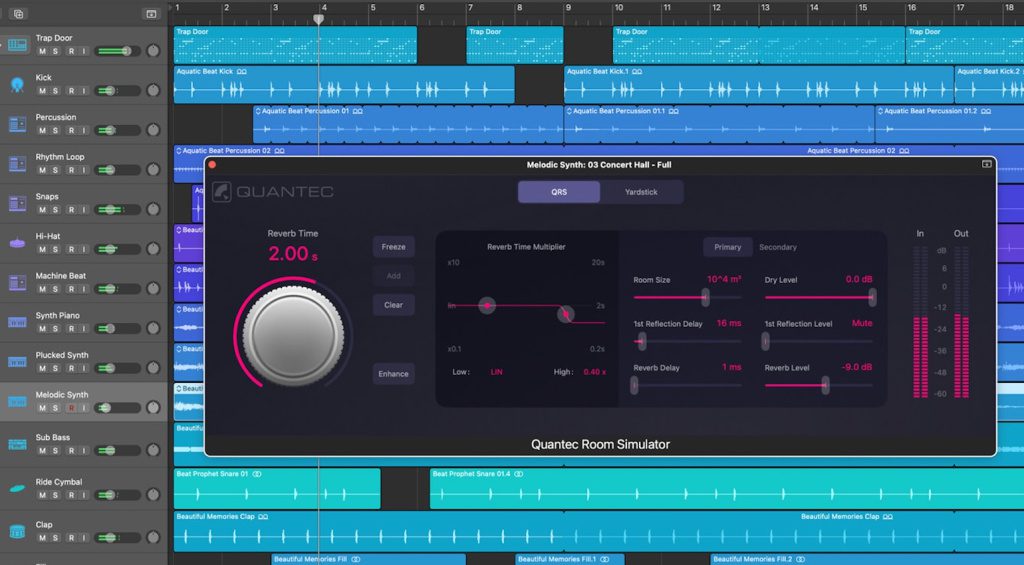
Also, if we compare the FL Studio channel rack and step sequencer to the clip launch window in Ableton Live, it has a distinctly different workflow. This means that, regardless of the fact that we all use Soundtoys and FabFilter plugins across any DAW, there are other factors at play that may affect the overall “sound”.
Another consideration is that different applications have different tool sets. So, when we compare Jon Castelli’s Pro Tools mixing template to his client FINNEAS’ production template in Logic Pro, for instance, it should sound different. One platform has been customized as a transparent system for importing and mixing stems, while the other is for creating new sounds.
Do DAWs Sound Different? : The Other Extreme
In response to the statements from the Castelli workshop, some creators, like Wytse from White Sea Studio, went full nerd and began running a series of null tests to compare the playback engines of different DAWs. Apart from being the type of content that could easily put you to sleep, I found this approach completely redundant, and it missed the point completely, in my opinion.
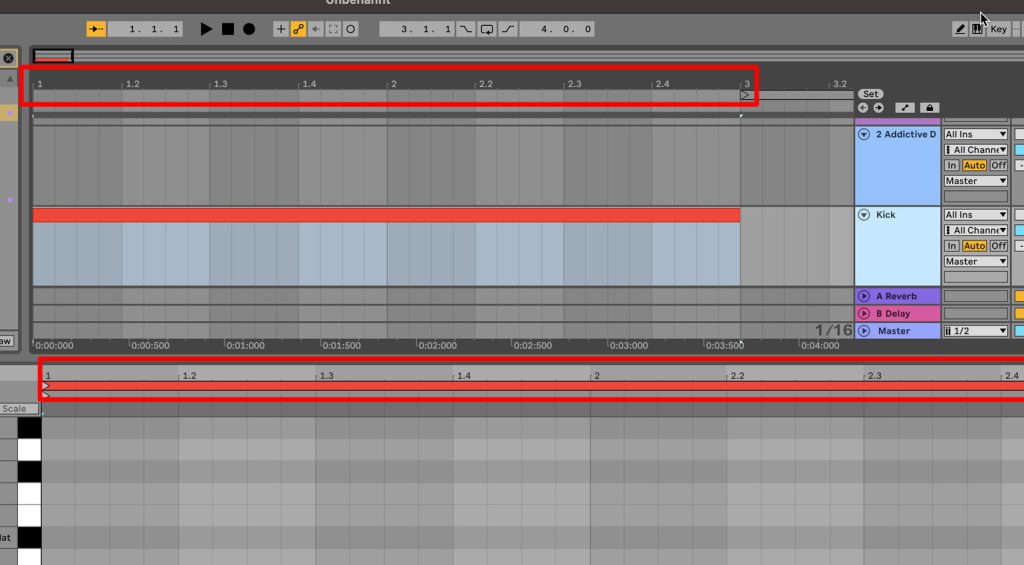
For starters, simply running playback and export tests with waveforms and sinewaves will only ever expose minor differences, if any, in the mechanics of one DAW compared to another. At the end of the day, we are making music with DAWs, so the comparative testing process should be as nuanced as the application.
To get a true reflection of the differences between DAWs, we have to use a broader, more experiential approach that covers each and every function used in the process. The process would be unfathomably vast, as you’d need to conduct different studies for music production, mixing, and mastering, using each of the different DAWs.
Do DAWs Sound Different? : The Problem
The fundamental flaw in the argument is that, on one side, when producers and engineers talk about the difference between DAWs, it’s often from a more philosophical point of view. Contrastingly, YouTube creators looking to disprove the theory that different DAWs sound different are looking for a black and white answer, while only performing the most rudimentary of comparative tests.

From my point of view, there is no right or wrong answer here, and I find it more helpful to look into why certain DAWs are popular with certain applications like mixing, film score, or the production of particular music genres than to simply compare their relative sonic character. In my experience as a Cubase and Logic Pro user, I do find Cubase to be a cleaner and more clinical DAW with superior audio functionality. However, I way prefer Logic from a creative standpoint.
That being said, my findings are purely anecdotal and rooted in confirmation bias, so I certainly don’t expect others to see things my way. To sum things up, music production is a very complex process with so many moving parts, so it’s important to take this into account before adopting the often reductive myth-buster mindset of an internet sleuth.
More about “Do DAWs Sound Different?”
*This “Do DAWs Sound Different?” article contains affiliate links that help us fund our site. Don’t worry: the price for you always stays the same! If you buy something through these links, we will receive a small commission. Thank you for your support!
8 responses to “Do DAWs Sound Different?”

 2,7 / 5,0 |
2,7 / 5,0 | 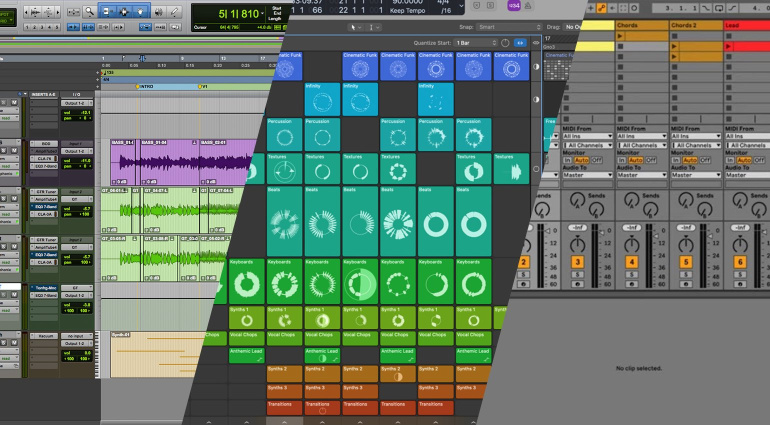

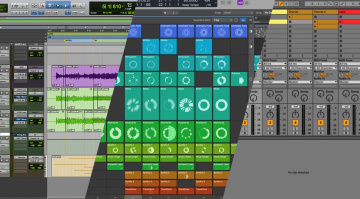

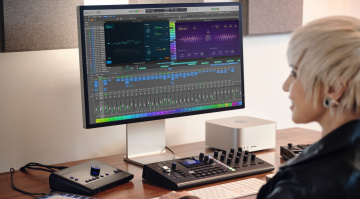
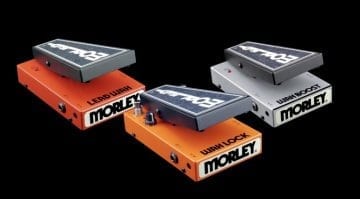
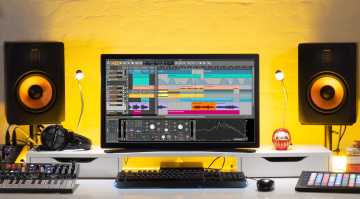
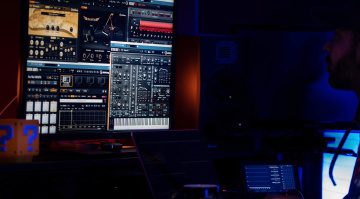
The answer might be yes.
The answer might be no.
Neither answer matters in any way whatsoever.
Just make some damn music.
If there was a DAW that sounded BETTER than the others – then no one would use the others.
But it is a stupid arguments to say they sound different because of workflow or “creative” vs “clinical” – The fact is every single one of them will sound exactly like another one if treated to the exact same processes. If one didn’t, it would be fundamentally flawed. Math remains math.
Philosophical? Umm, I don’t think so. The question is very to the point and fairly easy to test. You don’t do null tests with single already mixed tracks, you create stems of an entire session and then render them out on different DAW’s with the exact same settings. No EQ/ Compression or anything because that would not make sense. It is a test of the coding and that is all. Philosophy? Nope! The only thing that would get in the way is if some technology is used in one DAW that does not exist in the other. You are testing the sound of the coding and if full stem mixes null after exporting a final mix ( w/o plugins) then the DAW’s in question sound the same. If they do not null then they do not. There is no philosophy to this question and it is a therefore a nonsensical argument. People get deceived, null tests do not.
perhaps we live in a purely digital world; where everything can be reduced to zeros and ones and measured in their entirety. perhaps. how about we dive into the parameters of a bull test? let’s know it’s limits too. I bet it’ll have it’s strengths and weaknesses. Null test is the only thing I hear whenever the topic of DAW sound engines is raised.
I think mixbus 10 sounds the best to me….. Because that is what I use. It’s what I have used for years. It’s where things I need are placed in an easy to access place. Is it better than anything else? To me, don’t know. It’s what works for me.
Looks like White Sea Studio did a null test using stems because of Castelli’s comments. This proves my point and he is imagining things. Sorry, but the difference is almost zero between Logic & Pro Tools. Our ears are constantly changing. That is why it is recommended to take breaks every so often when mixing. But engineers haver also been caught ( quite often) hearing differences where there are none.
https://www.youtube.com/watch?v=nGiBHVI3o6o
some stuff I used to do back in the days of “FLStudio sounds bad”.
When people asked me what did I do to get my track sounding so fat, I answered ” switched to Cubase” and they’d be like “I knew it” and then I was like “jk, still FLStudio sucker”.
i think you mumbled things up…and failed in the most crucial area – the sound engine. having used a lot of DAWs, I am firmly on the side of all DAWs don’t sound the same. interface, learning curve, and others aside, they all don’t SOUND the same. treating the audio engine part as negligible comes across as a huge bias on your side. I understand you’re trying to please everyone with your post. to further enlighten you, you might wanna take your questions to top mastering engineers and return with more information.
You are currently viewing a placeholder content from Facebook. To access the actual content, click the button below. Please note that doing so will share data with third-party providers.
More InformationYou are currently viewing a placeholder content from Instagram. To access the actual content, click the button below. Please note that doing so will share data with third-party providers.
More InformationYou are currently viewing a placeholder content from X. To access the actual content, click the button below. Please note that doing so will share data with third-party providers.
More Information